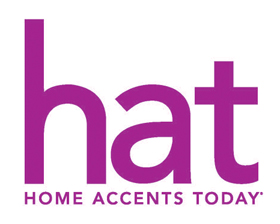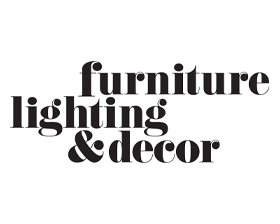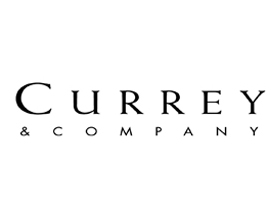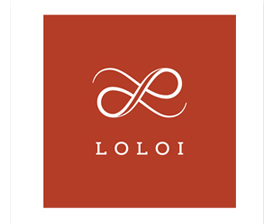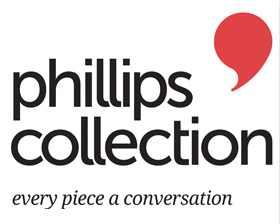 Founded in 2004, Yelp was founded to “help people find great local businesses like dentists, hair stylists and mechanics.” While retailers specifically aren’t called out here, Yelp has definitely become a trusted destination for consumers to refer to when they are deciding on where to shop, what to do and places to eat. Essentially, it’s an information desk for customers – at their fingertips. The question for a retailer is, “Do you need Yelp?” And our simple answer? Yes.
Founded in 2004, Yelp was founded to “help people find great local businesses like dentists, hair stylists and mechanics.” While retailers specifically aren’t called out here, Yelp has definitely become a trusted destination for consumers to refer to when they are deciding on where to shop, what to do and places to eat. Essentially, it’s an information desk for customers – at their fingertips. The question for a retailer is, “Do you need Yelp?” And our simple answer? Yes.
While restaurants, salons and other service focused businesses tend to gain more reviews and consumer interaction on Yelp, retailers are not left out. Customers actively reference Yelp when visiting unfamiliar cities to help map out their shopping trips, as well as in their own communities to both discover new places and comment on their experiences. As a retailer, you simply can’t ignore this.
Letting Yelp Do The Talking
Because Yelp accepts reviews – both the good and the bad – and all businesses must either suffer or gain from them, it’s in your best interest to earn only the best reviews you can. Then again, with or without Yelp, shouldn’t your goal be to have stellar reviews anyway? With Yelp, though, there is no “heard it through the grapevine” type of referral, but rather black and white and very clear reviews to be read for all to see. Although you can hope every customer will write a raving review of your store, there will likely be a time when an unhappy customer takes to typing a review at Yelp.
It’s possible a sales associate of yours had a bad day and it didn’t come across as gracious as this customer may have liked. Maybe someone had to wait too long before you said hello or offered help. Possibly new inventory just arrived at the back door and you quickly ran to let UPS in… leaving guests unattended on the sales floor. Or maybe, just maybe, you slept in and arrived ten minutes late to your store and a customer was waiting when you got there. Whatever the reason, there will surely be a customer to bark about it.
While barking isn’t typically in response to something good, it’s also typically told to stop without a conversation to resolve it. In the case of Yelp, this is also the case. Yelp is not about having a conversation, but rather stating one’s thoughts without a rebuttal to be shared. So what can a retailer do?
For starters, if an email or profile is visible for the comment-er on Yelp, you can always reach out to them privately in a professional and friendly fashion. It should never be approached as an attack, but rather a gesture to offer a chance to give them another customer service experience – presumably, stronger. If you’re wondering why waste your time with this if it’s just one person… imagine this. People who make reviews can change them. So rather than accept your negative reviews, you can encourage change by delivering customer service or support that deserves it. Okay, we recognize that not everyone will take the time to actually make a change to their Yelp. But for the chance a bad comment could be changed, it’s worth the efforts. Afterall, Yelp gets about 78 million monthly unique visitors. That’s a number worth thinking twice about.
Yelp’s Filter
With negative comments hopefully not being your problem, consider this: Yelp runs all their comments through a filter before featuring any, which means even positive comments may never be seen. If Yelp identifies any reviews to be suspicious – whether for the good or bad – they will block them from the site. So in other words, fabulous reviews that are genuine and from customers may even get blocked. It’s possible for you to see them by digging around on Yelp a bit, but based on Yelp’s filter, they may never rank at the top of your store’s review list.
Should this persuade you not to encourage customers to post positive reviews on Yelp? Nope. But you should be aware of how Yelp is organized and manage it from your end to better manage your business. Another tip? It appears that people who are registered Yelpers with active profiles get higher rankings in their reviews. While we can’t find any proof to confirm this, we suggest registering to Yelp and encouraging customers the same for a more active Yelp experience.
Finally, because Yelp is such a big deal, there are actually services that help manage negative reviews. Reputation.com and DefendMyName.com are a couple to consider if you think you need this type of support. Our experience here is great customer service in your store is the best defensive you have, but for some, they need a little extra TLC.
Contributed by Nicole Leinbach Reyhle, Founder & Editorial Director of Retail Minded – the nation’s only support for independent businesses both in and out of their stores.








